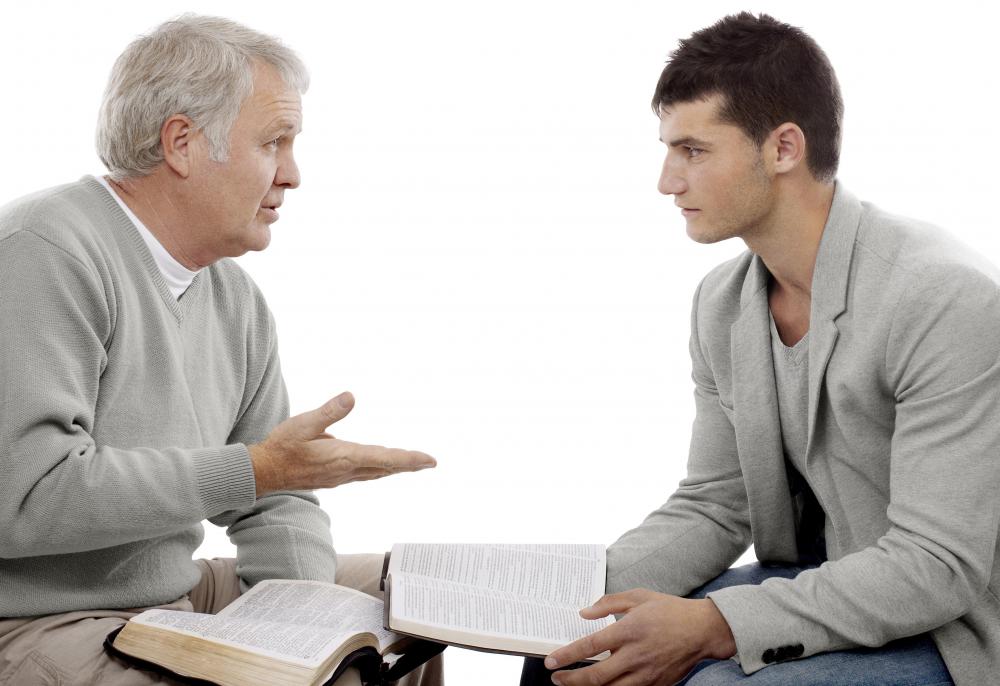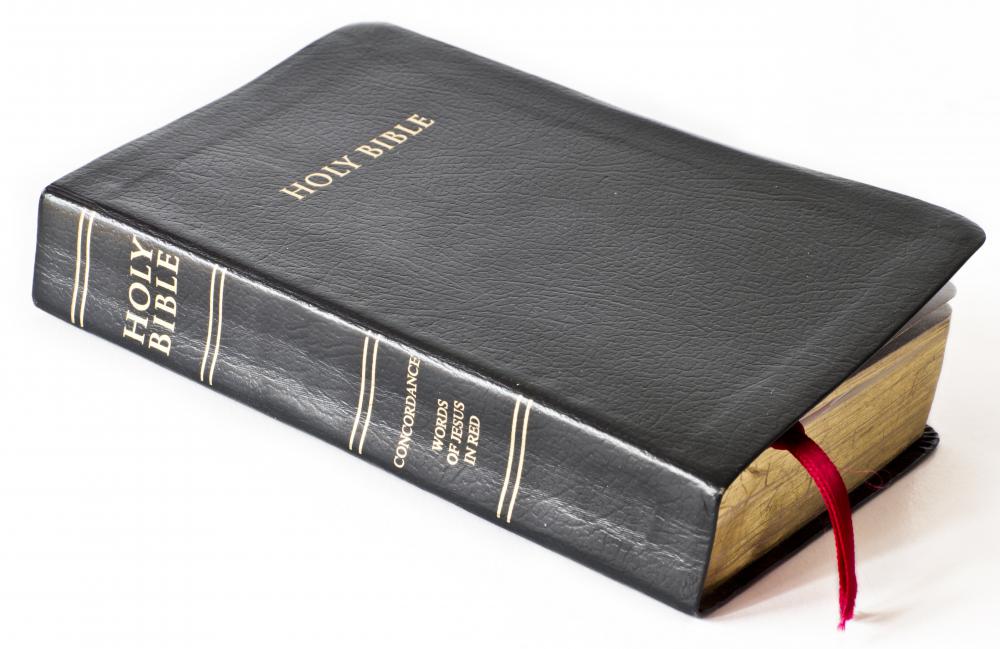At PracticalAdultInsights, we're committed to delivering accurate, trustworthy information. Our expert-authored content is rigorously fact-checked and sourced from credible authorities. Discover how we uphold the highest standards in providing you with reliable knowledge.
How Do I Become a Clergyman?
To become a clergyman, you will need to complete the prescribed process for becoming a member of the clergy in the religion or denomination in which you wish to serve. This process varies considerably by religious traditions, and there are even significant variations within major religious traditions such as Christianity. Typically, you must be in some way recognized as a candidate for ministry by members of your faith community and then must complete some type of training program. After completing training, you may be subject to an evaluation by a committee or high-level church officials before being formally ordained.
Religions that recognize or ordain professional clergy are typically concerned that their clergy are well prepared for the difficult task of public ministry and that are people of high integrity. When you decide that you want to become a clergyman, you should be prepared to go through a significant vetting process before you can reach your career goal. You should first speak to the leader of your own congregation and explain that you want to become a clergyman and ask for his or her assistance in beginning this process. Depending on your faith community, you may be asked to speak to a church official outside your congregation, or your clergy person may recommend that you begin an application or training process.

In many cases, you will be expected to complete an educational program. In Christian churches, for example, clergy are often required to attend either a theological seminary, Bible college, or Bible institute before they can be licensed or ordained to public ministry. Some Christian denominations, however, do not require clergy to complete formal education, and they may instead be mentored by a more experienced clergy member before being endorsed as clergy. You should ask officials in your faith community for information on what educational requirements are necessary for ordination.

When you begin training, you may be asked to complete an application so that you can be recognized as a candidate for clergy ordination within your faith community. Although this is no guarantee that you will become a clergyman, it does mean that your preparation is recognized by your faith community and that you can participate in the various evaluations necessary to continue your candidacy. For example, you may be asked to complete a psychological evaluation as part of the candidacy process. You may also be asked to serve in a local faith community so that you can gain practical experience in ministry.

Once your education is complete, you may be placed in a ministry setting during the completion of the ordination process. You may be asked to meet with organizational representatives to review your educational and ministry experiences and to answer any questions they have about your candidacy. For some people, this last phase of their quest to become a clergyman can take a considerable amount of time, and it may be a few years before you can be ordained, though some organizations may complete the process more quickly than others.
AS FEATURED ON:
AS FEATURED ON:
















Discuss this Article
Post your comments